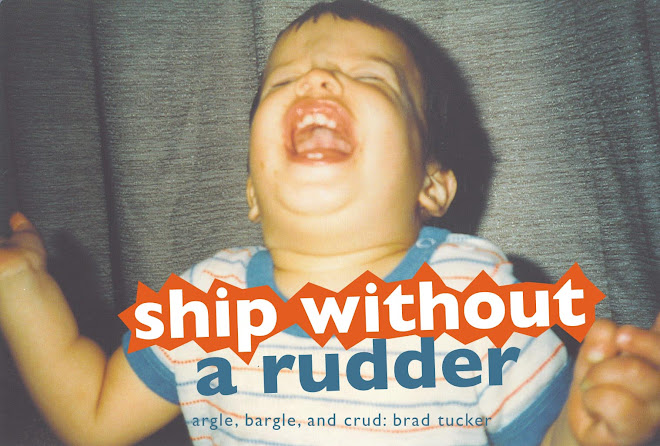You should be reading Plenty Magazine.
There is no better ‘green’ publication out there. Check out their website, here. Plenty offers exactly what a magazine with the tagline “The World In Green” should: stories about energy, the environment, products, design… it really is that simple.
Plenty is not a lifestyle magazine. This isn’t a compilation of top-10 lists, an Idiots Guide to living green. Instead, there are helpful product descriptions that go beyond advertising and include practical, usually affordable, and accessible items. Plenty is not beating us over the head with green living. It is obvious that there is no single solution to our environmental and energy crises, and here is a publication that does not feign to have that solution. Although I was impressed by Wired’s proposed all-out attack on carbon (including the desertion of pretty much every other sustainability/environmentalist movement), their brave (and admittedly self-conscious) single-mindedness is just that: shortsighted one-track thinking that simply won’t work.
The Web site also features the obligatory daily-blogs. And, true to form, they are chock-full of relevant, interesting, and new information—mostly via links. Add to all of this a collection of extremely clever and pointed venn diagram-style comics, and you have my new favorite magazine.
